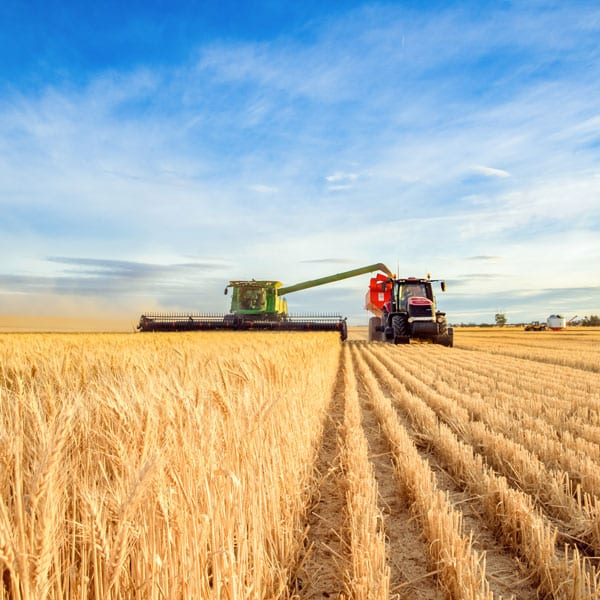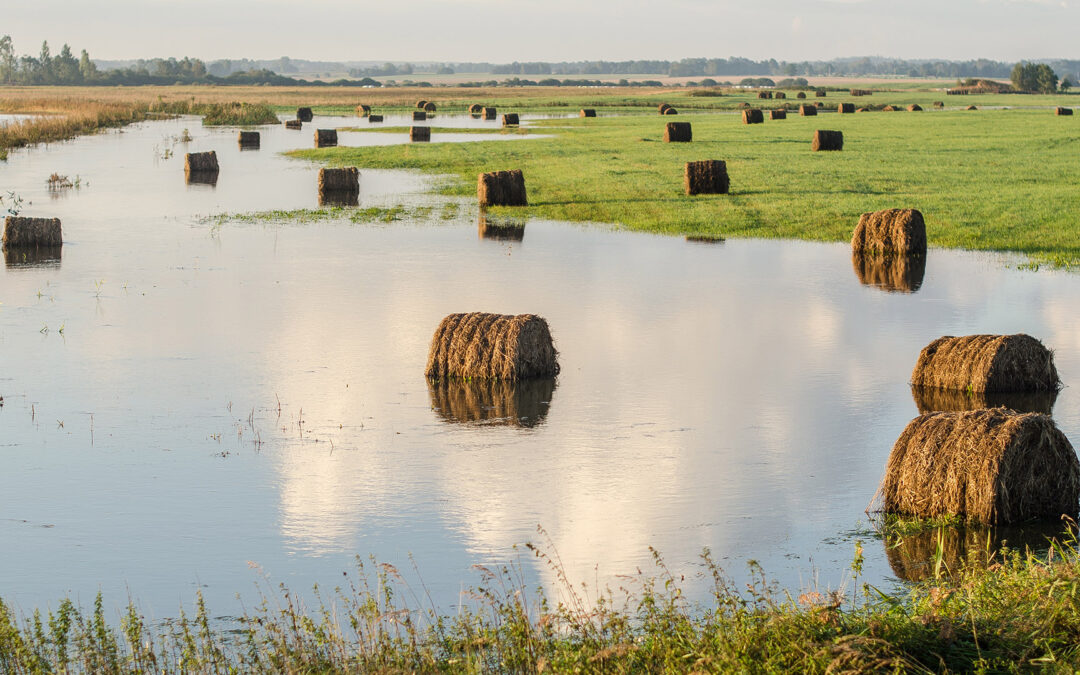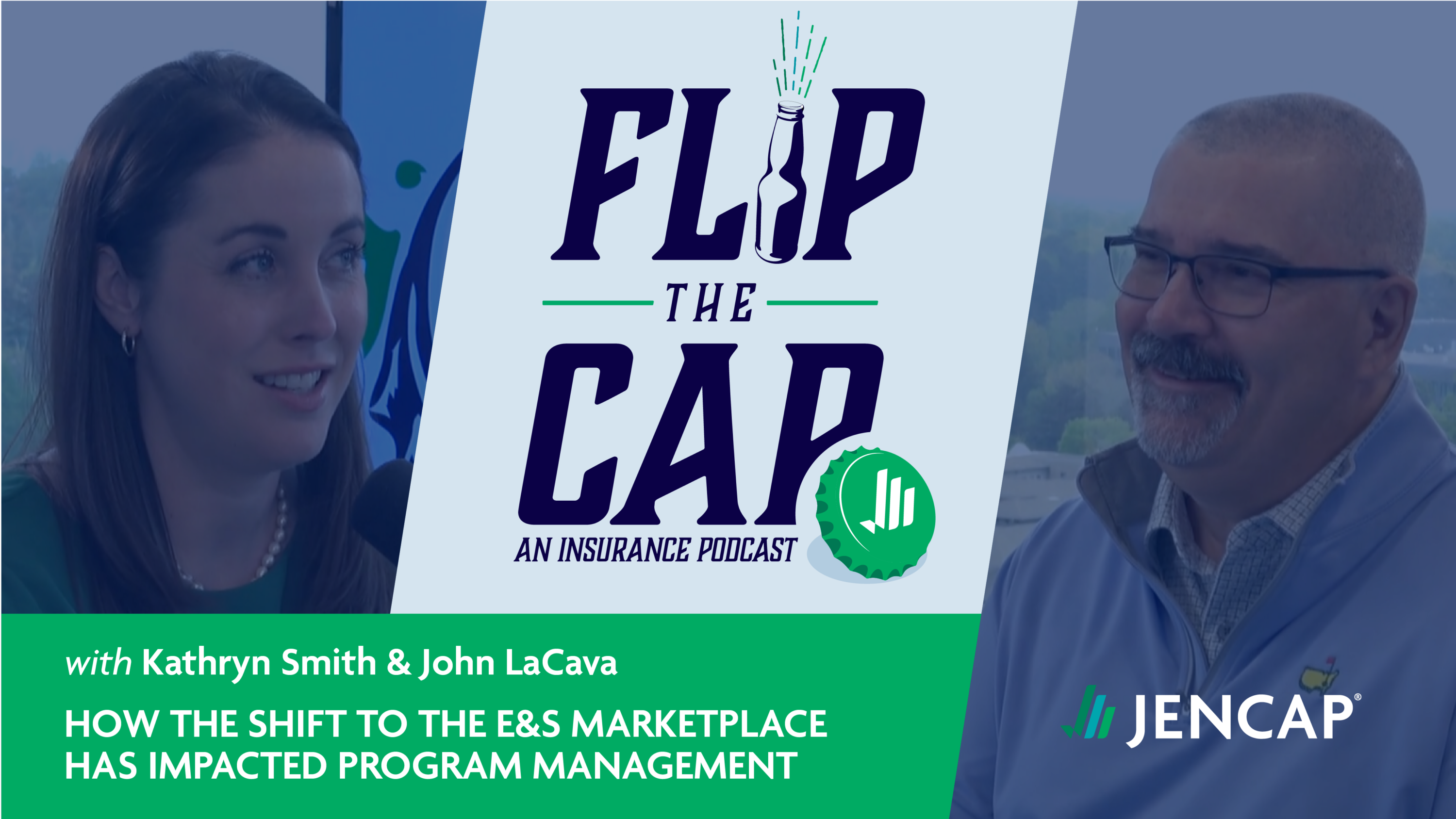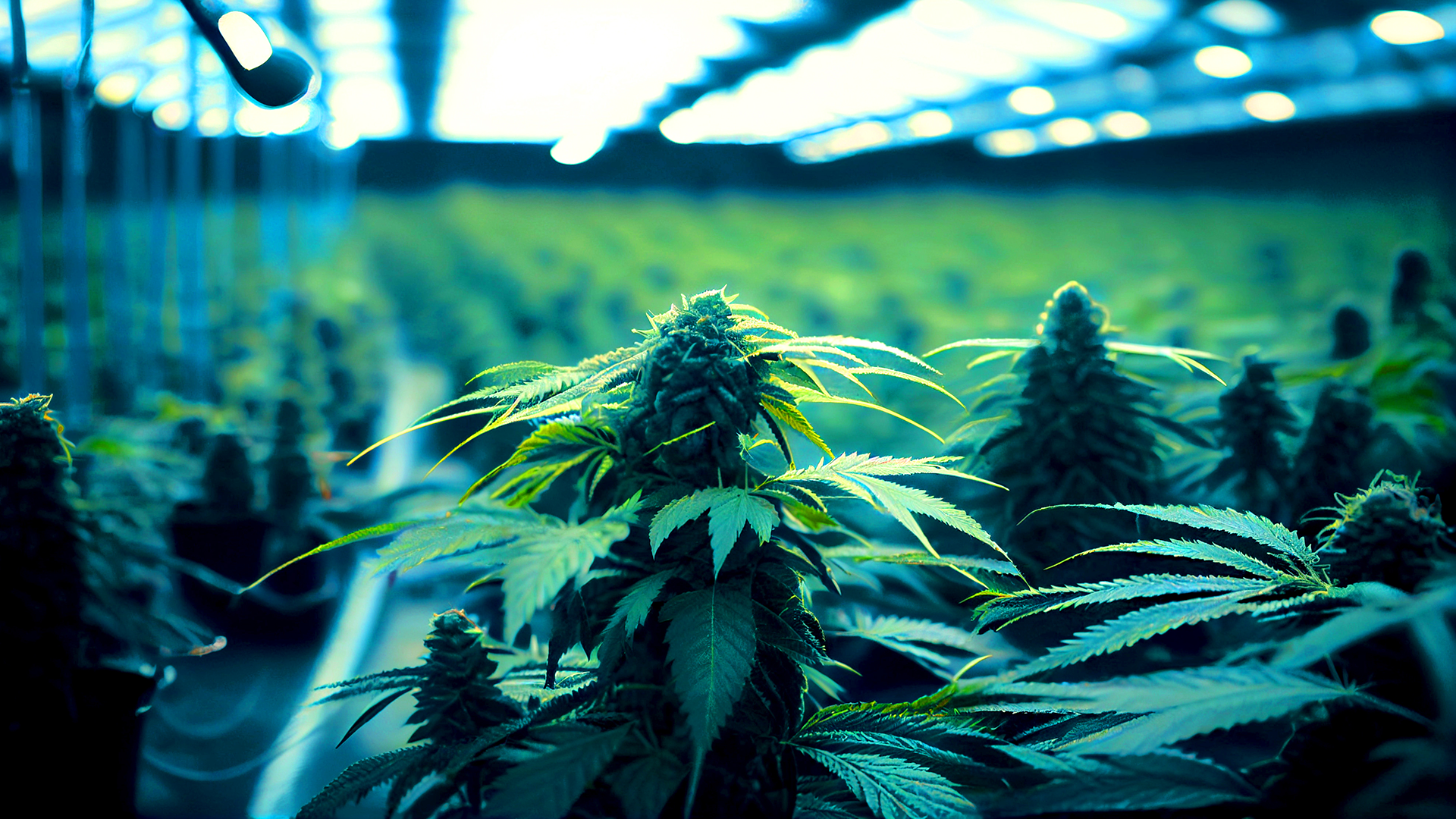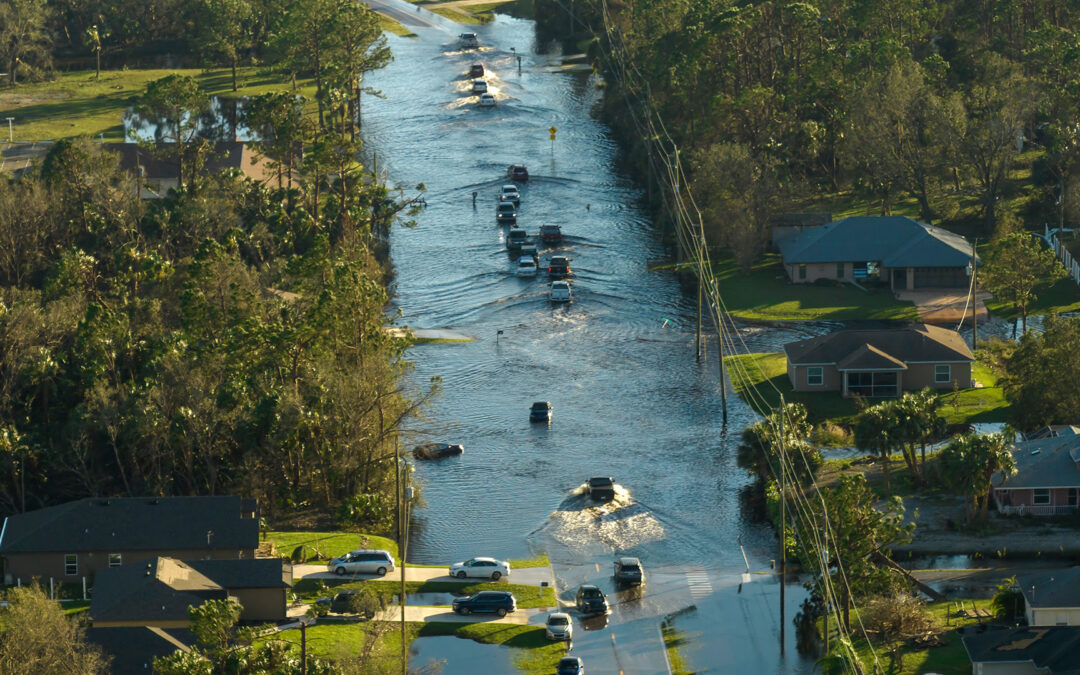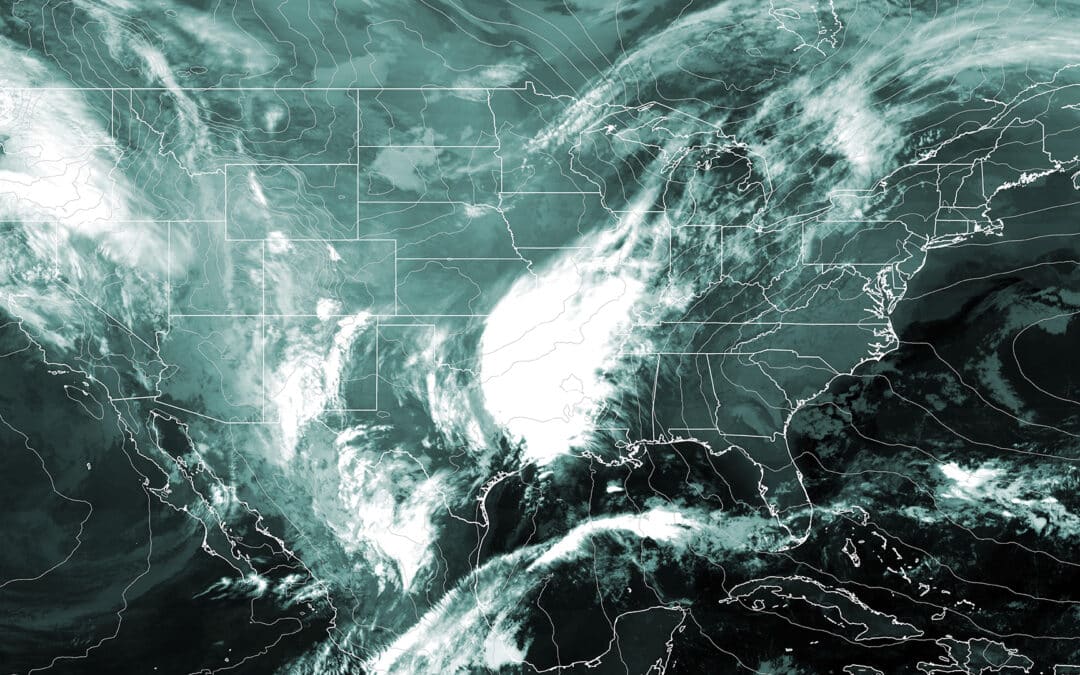Agriculture is one of the most expansive and diverse industries in our nation. As such, it’s confronted by some of the most varied and complex risks. The forces of nature routinely intersect with the day-to-day realities of local and global economics and advancing technology. Agribusinesses navigate a particularly tricky set of challenges that can impact their long-term viability and success — from the unpredictability of changing climate and weather patterns to the volatility of world markets and the ever-looming threats of pests and disease.
To address these risks, agribusinesses need the support of knowledgeable insurance professionals who can wisely evaluate their unique exposures and establish policies that provide protection against both general liabilities and specialized exposures.
Top Agribusiness Risks
Although this list is not exhaustive, here are seven of the most common risks agribusinesses face:
- Contamination and Pollution: Dealing with pollution and environmental exposures is a very real concern for any agribusiness, and hazards include chemical drift, overspray, water contamination, fertilizer spills, fuel tank leaks, and more. Not only can these damage or destroy a business owner’s property and harm livestock, but the impacts can extend to customers, partners, neighboring businesses, and nearby communities. If found to be liable for resulting damage, agribusiness owners may be hit with hefty fines, legal fees, and settlements in addition to the cost of cleanup and remediation efforts.
- Extreme Weather Events: Hurricanes, tornados, and floods are just some of the weather risks faced by agribusiness owners throughout the year. Changes in weather patterns, extreme events, and shifting climatic conditions can impact crop yields, soil health, and water availability. Just one bad storm or catastrophic event can devastate an entire crop, injure livestock, or destroy farm structures and equipment. The American Farm Bureau Federation estimates last year alone, total crop and rangeland losses from natural disasters exceeded $21.4 billion. The rising frequency and severity of extreme weather events means agribusinesses — along with all other industries — are becoming increasingly vulnerable to the impact of weather events and climate trends.
- Wildfires: Whether sparked by lighting, triggered by faulty electrical equipment, or caused by human activity, wildfires can damage or wipe out entire fields, vineyards, livestock, buildings, and equipment. Even if flames don’t actually reach your client’s property, the heat and smoke from a nearby fire can damage crops, destroy farming infrastructure, and threaten the health of livestock, property owners, and employees. Beyond the immediate effects, wildfires can have long-term negative consequences for business owners. Damaged grape vines, for instance, can take up to five years to fully recover, causing significant setbacks for a wine producer.
- Cyber Threats: One might not immediately think of cyber threats as a top risk in agriculture, but more and more businesses are adopting technology to streamline their operations. The FBI Cyber Division issued a statement in 2021 warning the food and agricultural sector that they are targets for ransomware attacks. Automated machinery, drones, programmed sprayers, irrigation systems, and other internet-controlled systems are all prone to exploitation. If cybercriminals can successfully breach these systems, they can seize control and either redirect their use or render them inoperable until a ransom is paid.
- Injury: Bodily injury is perhaps the most obvious risk that all farmers, ranchers, feed producers, equipment manufacturers, and other agriculture professionals face. The hazards affecting labor across the sector extend to everything from operating with heavy machinery and managing unpredictable livestock to spending long hours in the heat. Accidents can happen in the best of circumstances, but current labor shortages make them even more likely. With fewer available workers, some agribusinesses may feel forced to hire underqualified employees or give workers tasks for which they haven’t been properly trained, increasing the odds of accidents and injuries.
- Pests and Disease: Pest infestations and the spread of disease can devastate both crops and livestock. Outbreaks can lead to reduced yields, lower-quality products, and increased production costs due to the need for pest-management measures, such as pesticides, quarantine protocols, and medical care.
- Supply-Chain Disruptions: In America, exports are a big part of the U.S. agricultural system. In 2022 alone, U.S. agricultural exports totaled a record-setting $196 billion for farm and food products. Those exports rely on complex supply chains that can be disrupted by factors like transportation issues, logistical challenges, and geopolitical tensions. The same goes for products coming into the country. Supply-chain woes, however, don’t end with imports and exports. Cross-country transportation of products can also be problematic, thanks to trucking and rail labor shortages. Disruptions all along the supply chain can lead to delays in production, distribution, and access to essential tools or products — all of which can affect the overall stability of a business.
Find Coverage That Fits Agricultural Risks
No one would rely on a safety net with holes. But that’s exactly what many agribusinesses are doing (whether knowingly or not) if they don’t fully understand the terms of their insurance policies. Basic farm coverage doesn’t necessarily protect against all the risks the agriculture sector faces. Some policies may even explicitly exclude coverage for certain risks or only cover up to a certain limit. (Pollution liability, for example, is often excluded from most commercial general liability policies.)
It’s critical for agribusinesses to work with insurance experts who specialize in their line of work and can recommend add-ons or stand-alone policies that eliminate coverage gaps and appropriately protect against a business’s risk exposures — whether they be production risks, market risks, financial risks, or more. Specialists can also offer guidance on purchasing private policies that work alongside Federal Crop Insurance (FCI).
According to Nate Garrett, Vice President of Agribusiness Underwriting for Jencap affiliate MiniCo, protecting against some exposures might require thinking outside the box. “When you work with agribusiness risks, you want a broker who can be resourceful and has access to a wide range of markets. Some risks, like wildfire, are harder to place than others, but that’s where the Excess and Surplus (E&S) market can step in. Brokers with access to non-admitted markets can create options for clients with loss issues or other challenges that traditional carriers are hesitant to work with.”
When it comes to safeguarding agribusiness operations, there are none better than Jencap’s agriculture insurance specialists. By working with our cream-of-the-crop brokers, underwriters, and exclusive program team, you can be confident that your clients have access to the insurance solutions and risk-management resources they need to keep their businesses thriving. Contact Jencap today for a quote.
